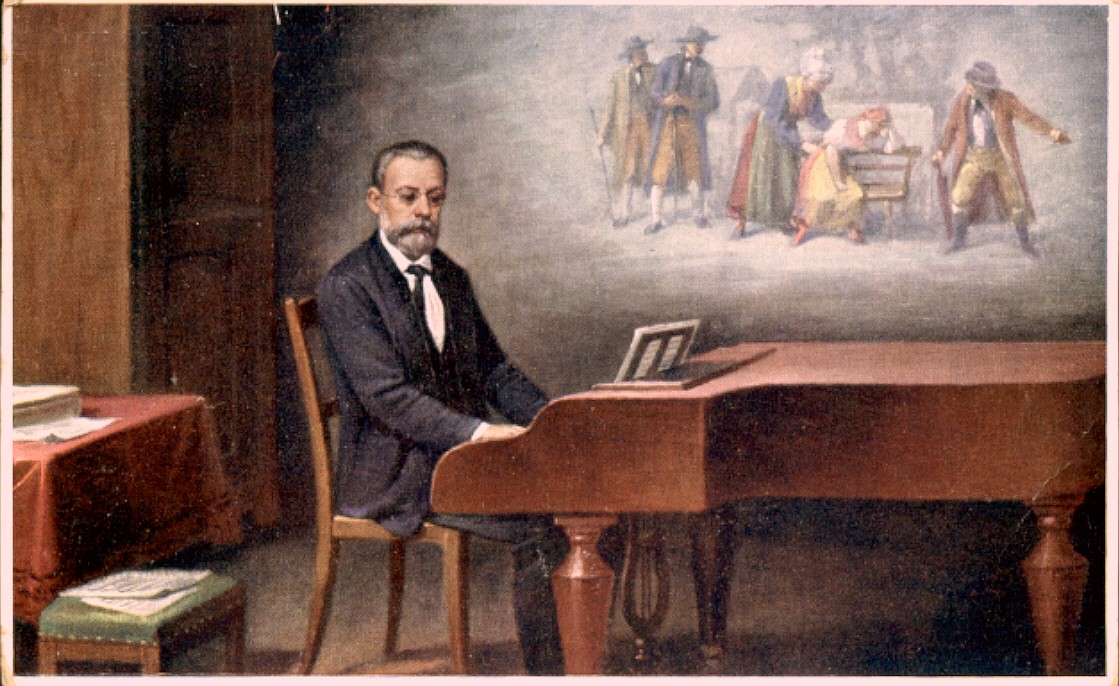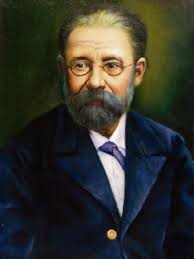Introduction:
Welcome to Top Classical Music, where we delve into the fascinating life and musical journey of one of the most prominent figures in Czech music history, Bedřich Smetana. A true visionary and master of composition, Smetana’s works continue to captivate audiences worldwide, leaving an indelible mark on the world of classical music. Join us as we explore the life, achievements, and enduring legacy of this extraordinary composer.
Early Life and Musical Beginnings:
Born on March 2, 1824, in the picturesque town of Litomyšl, Bohemia (now part of the Czech Republic), Bedřich Smetana displayed a prodigious musical talent from a young age. His father, an amateur violinist, recognized his son’s potential and provided him with early musical education. Smetana’s remarkable abilities on the piano and violin quickly became apparent, and it was clear that his future lay in music.
Musical Education and Influences:
Smetana’s passion for music led him to Prague, where he received formal training at the Prague Conservatory. He studied composition under the renowned professor Josef Proksch, who nurtured his talent and introduced him to the works of Mozart, Beethoven, and other masters of the time. These influences would shape Smetana’s artistic development and contribute to the distinct style that would define his compositions.
Nationalism and the Czech Identity:
One of Smetana’s most significant contributions to the world of music was his tireless advocacy for Czech nationalism. Inspired by his homeland’s rich cultural heritage, Smetana sought to infuse his compositions with the spirit and character of the Czech people. His works often incorporated traditional Czech melodies, folklore, and historical themes, helping to foster a sense of national identity during a time of political and cultural upheaval.
Key Works and Milestones:
Smetana’s compositional career can be characterized by a diverse range of musical genres, including symphonic poems, operas, chamber music, and piano compositions. Some of his most renowned works include “The Moldau” (Vltava), a symphonic poem that vividly depicts the course of the Czech river, and the operas “The Bartered Bride” and “Dalibor,” which have become staples of the Czech opera repertoire. Smetana’s compositions continue to be celebrated for their emotional depth, technical brilliance, and nationalistic fervor.
Personal Tragedy and Deafness:
Despite his musical success, Smetana’s life was not without hardships. In 1874, he was struck by a profound tragedy when he lost his beloved daughter Bedřiška. This devastating loss, combined with the gradual onset of deafness, presented Smetana with immense challenges. However, he refused to let these setbacks dampen his creative spirit and continued to compose, relying on the power of his musical imagination to overcome his physical limitations.
Legacy and Influence:
Bedřich Smetana’s contributions to Czech music and his unwavering dedication to promoting national identity have left an enduring legacy. His works not only captivate audiences with their technical brilliance but also serve as a testament to the power of music as a vehicle for cultural expression. Smetana’s legacy lives on through generations of Czech composers who have been inspired by his commitment to national pride and his ability to evoke the spirit of his homeland.
Conclusion:
Bedřich Smetana’s life and music exemplify the transformative power of art. His passion for his homeland, coupled with his extraordinary talent, produced some of the most iconic compositions in Czech music history. Smetana’s unwavering commitment to his artistic vision and his ability to encapsulate the essence of Czech culture in his


Comments are closed